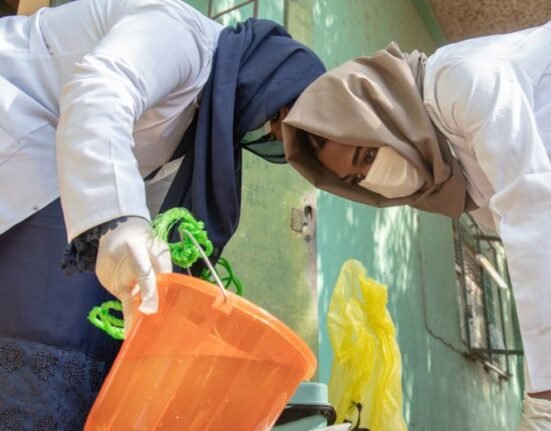HQ Team
October 19, 2022: In another eight years, about 500 million people globally will develop a spate of non-communicable diseases due to physical inactivity, according to the WHO.
If the governments do not take urgent action to encourage physical activity, heart disease, obesity, diabetes, and other non-communicable diseases will impose an economic burden of $300 billion by 2030.
Data collated from 194 countries show that progress is slow, and those nations need to accelerate and implement policies to increase physical activity levels.
Stressed healthcare systems
The acceleration can prevent diseases and reduce the burden on already stressed healthcare systems, according to the global report on physical activity in 2022.
The report stated that less than 50% of countries have a national physical activity policy, of which less than 40% are operational.
“Only 30% of countries have national physical activity guidelines for all age groups.
“While nearly all countries report a system for monitoring physical activity in adults, 75% of countries monitor physical activity among adolescents, and less than 30% monitor physical activity in children under five years.”
In policy areas that could encourage active and sustainable transport, only over 40% of countries have road design standards that make walking and cycling safer.
‘Benefits economies’
“The benefits are huge, not only for individuals’ physical and mental health, but also for societies, environments, and economies,” said Dr Tedros Adhanom Ghebreyesus, WHO director-general.
While national policies to tackle non-communicable diseases and physical inactivity have increased in recent years, 28% of procedures are reported as not funded or implemented.
Among the countries studied, just over 50% ran a national communications campaign or organized mass participation physical activity events in the last two years.
“The COVID-19 pandemic has not only stalled these initiatives, but it also affected other policy implementation, which has widened inequities in access to and opportunities for engaging in physical activity for many communities,” according to the study.
Global Action Plan
To help countries increase physical activity, WHO’s Global action plan on physical activity 2018-2030 (GAPPA) set out 20 policy recommendations.
It included policies to create safer roads to encourage more active transport and provide more programmes and opportunities for physical activity in childcare, schools, primary health care and the workplace.
The WHO report called for weaknesses in some existing data to be addressed.
“We are missing globally approved indicators to measure access to parks, cycle lanes, footpaths – even though we know that data exist in some countries. Consequently, we cannot report or track the global provision of infrastructure that will facilitate increases in physical activity, “said Fiona Bull, Head of the WHO Physical Activity Unit.
‘Vicious cycle
“It can be a vicious circle; no indicator and no data leads to no tracking and no accountability, and then too often, to no policy and no investment.
“What gets measured gets done, and we have some way to comprehensively and robustly track national actions on physical activity.”
The report calls for countries to prioritize physical activity as key to improving health and tackling non-communicable diseases, integrate physical activity into all relevant policies, and develop tools, guidance and training to improve implementation.









3 Comments